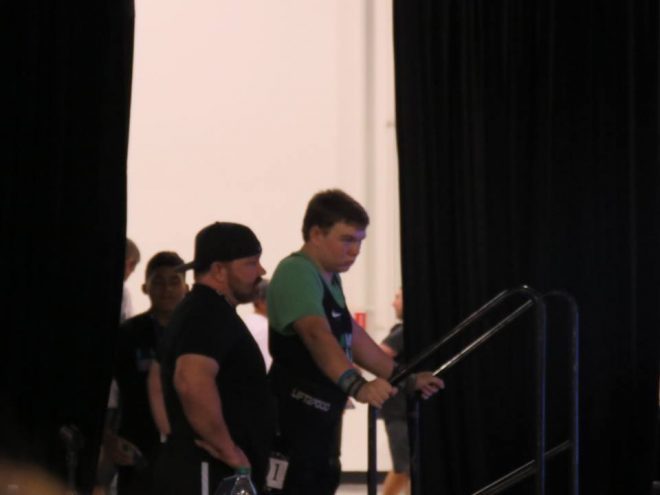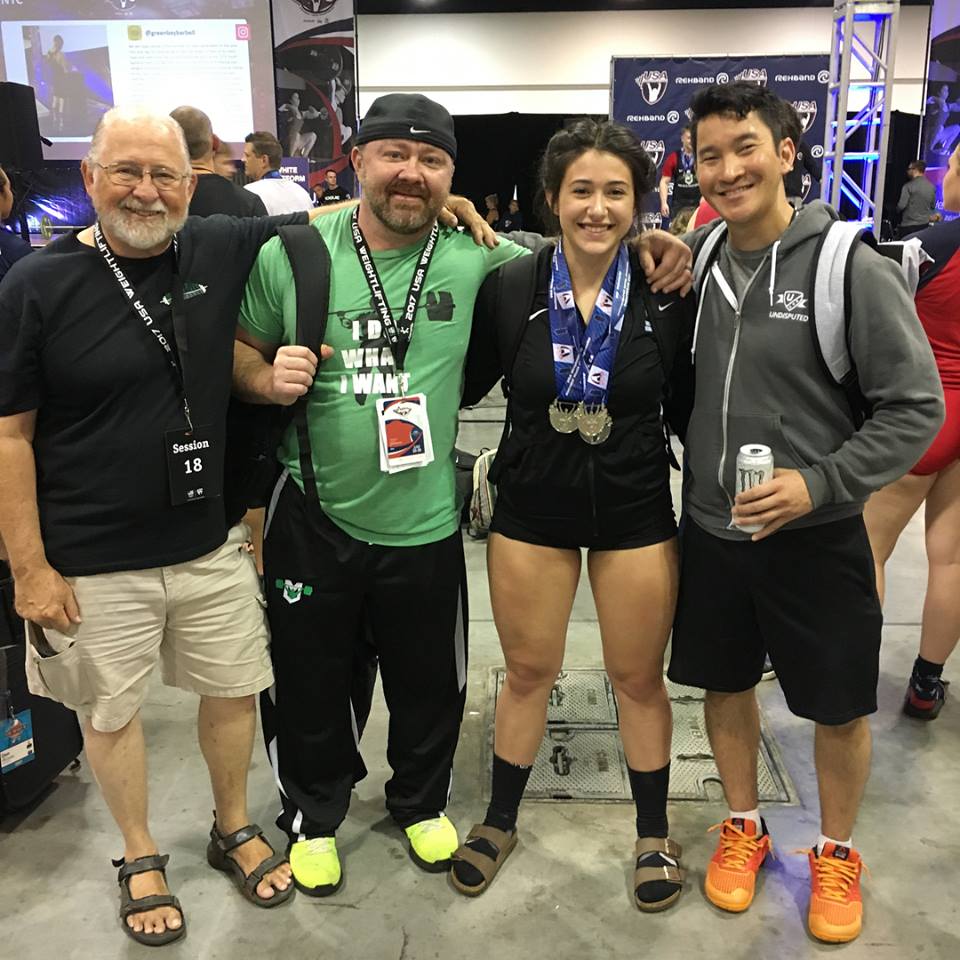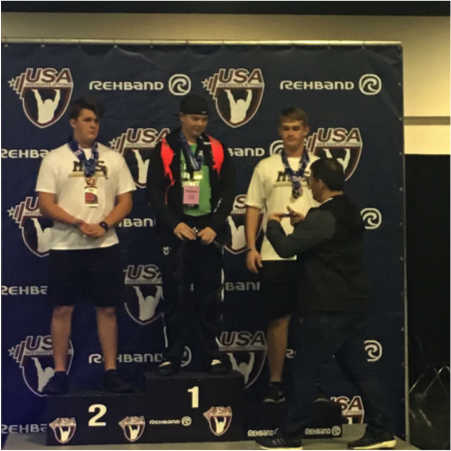The ultimate competition preparation book is coming your way. We will cover programming the competition block, taper week, and every other possible variable of competing. The e-book will drop later this month as we move into a heavy competition part of the year.
Until then, you can download the FREE E-Book “Mash Method” to learn some cool ways to set personal records and to get on our list to be notified of our new book dropping. Check out our Free E-Book Below:
Time to Compete Variables
I have been thinking a lot lately about all the variables that go into competing. It can be overwhelming yet not many people talk about it. We talk about programming to get stronger all the time. I like talking about getting stronger as well. However what about when it’s time to get ready for a competition?
Every year I watch new athletes and coaches at the bigger National meets like Senior Nationals, American Open, and now the AO Series. This is a blessing to my heart to see the growth. However every year I watch them coming to meets unprepared. I get it. I remember clearly coming to my first National meet, and I wasn’t ready either. Luckily guys like Coach Sean Waxman and Kevin Doherty took me under their wings at big meets and taught me a lot. That’s what I now want to do for all of you.

Some things that you need to consider are:
1. Tapering and Contest Preparation
2. Weight Loss
3. Once You’re at the Venue
4. Post Weigh-In and Intra Meet Nutirition
5. Mindset
6. Warm ups and Attempt Selection
Tapering and Contest Preparation- this is where a lot of the magic happens. There are so many variables that will need to be sorted over time. Here are some questions that you will have to ask:
• Is your athlete a high volume, low volume, or somewhere in between athlete?
• Does your athlete respond better with a high intensity, low intensity, or somewhere in between?
• Low frequency, high frequency, or somewhere in between?
• What accessory movements should stay in the program, and which should go?
• Week of meet Taper is a big key.
There is no program that fits every athlete. The key is to make notes during each competition, and make improvement until the perfect meet prep program exists for the individual athlete. This is where the art of coaching comes into play. The goal is to write a masterpiece for each athlete.

Weight Loss- number one should you even be dropping weight. If you are competing in your first meet, please don’t cut weight just enter the contest, make some lifts, and have fun. However if you must cut to qualify for Nationals or make an International Team, make sure that you have a plan. Also I recommend that you are reasonable in your cut. Here are some recommendations:
Women 63kg and down- you should consider staying with 1-2kg within range.
Women 69kg and 75kg- no more than 2-3kg
Men 69kg and down 2-3kg
Men 77kg to 94kg 3-4kg
105kg 4-5kg at most
These are just averages. One thing to consider is your efficiency. That means you can Snatch around 65% of your back squat and Clean & Jerk around 75% of your back squat. If you are hitting these percentages or better, then you need to consider staying closer to your weight class. Efficient lifter are affected more directly from weight loss because they can’t afford any loss of leg strength.
At the Venue- you should immediately find the weigh-in area, check scale to check weight, training hall, warm up room, and of course the competition platform. You don’t want to be scrambling to find these areas. You will also want to find the sauna if you’re cutting weight. One last thing to check at a National Meet is the Final Schedule that will be posted after the Technical Meeting held normally on the Thursday before the meet.
Meet Nutrition- Don’t rely on the venue to have quality food. You will want to bring your own food and drink to ensure proper hydration and fuel for competition. I recommend eating in between snatch and clean & jerk something that’s easily digested.
Mindset- this is the big one that most new athletes and coaches mess up. The key is to stay relaxed and calm. The coach sets the pace on this one. If you are nervous and fidgety as a coach, your athlete is probably going to freak out. I try to laugh a lot and have fun, so my athletes stay relaxed. Competing should be a fun release.
Warm Ups and Attempt Selection- I recommend that you come to the meet prepared. You shouldn’t let another athlete’s opener affect your own. Here’s an article that details a solid plan:
I hope this helps you guys and gals prepare for your own competition. I am writing a book now that will outline this process in-depth. If there is something that you want covered in the book, please comment on this blog and I will try to cover.
Thanks again for reading.

Hey. Does Morgan compete this weekend?